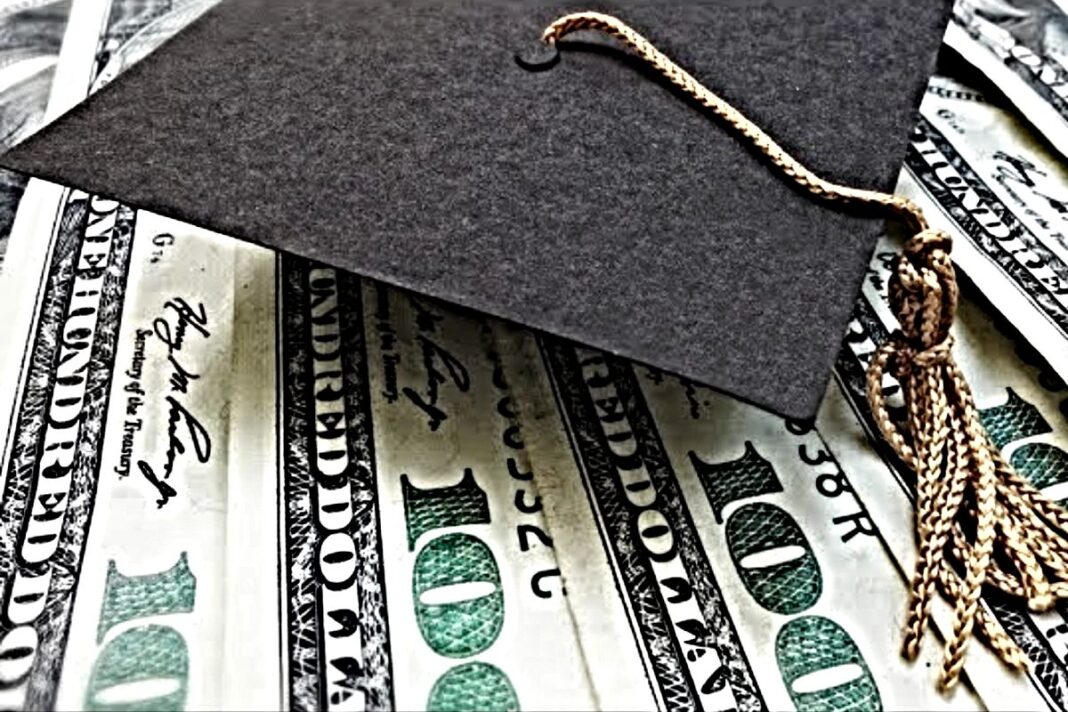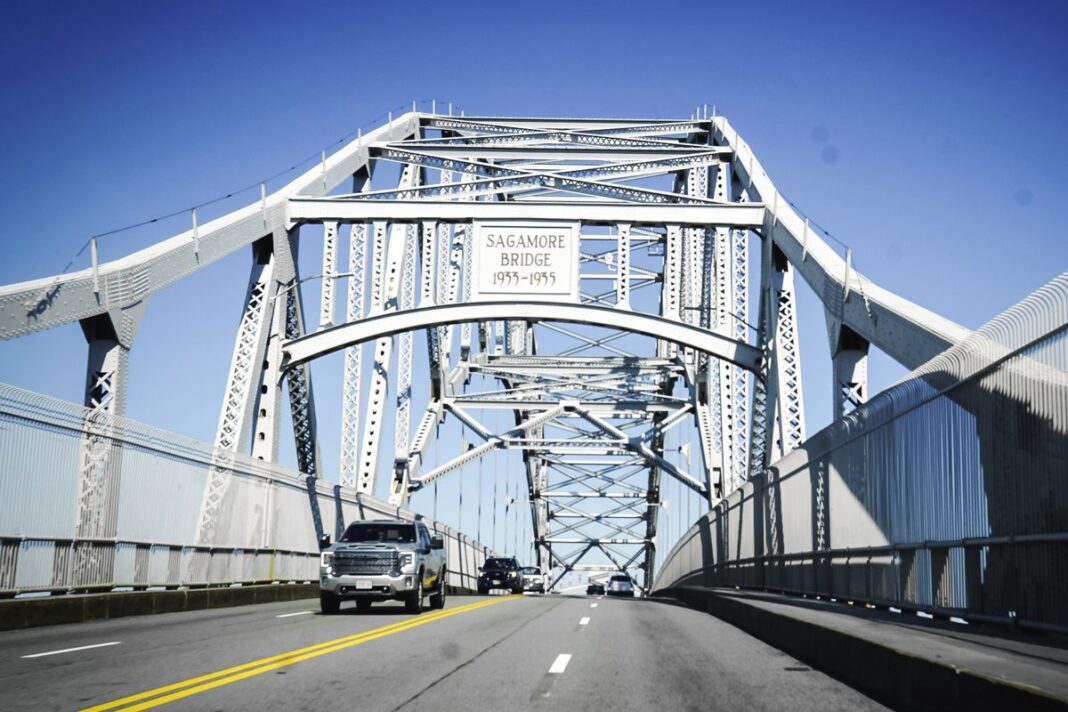Seven in 10 adults believe higher education is headed in the wrong direction, according to a new survey.
Jessica Iannacchino landed on Madison Avenue in New York City, but a career in her chosen field just wasn’t in the cards.
The 21-year-old from Poughkeepsie, New York, attended public colleges in South Carolina, Georgia, and Florida, to complete a bachelor’s in advertising, paying out-of-state tuition and committing to monthly student loan repayments for years to come.
She moved to Manhattan to get her foot in the door somewhere, but none opened.
Iannacchino delivered food to pay the rent and found enjoyable work in acting, appearing in a few small roles. She has several friends who also haven’t secured jobs in their fields, and are saddled with sky-high debt from attending Columbia and New York University.
“We moved here for career opportunities and then found everything was so competitive and the job market wasn’t what we thought it would be,” Iannacchino told The Epoch Times. “It’s a lot of financial stress, and you don’t know if you’ll get a break.”
A recent Pew Research Center survey underscores Iannacchino’s situation: Seven in 10 adults say America’s higher education system is headed in the wrong direction, up from 56 percent providing that response five years ago. Policy experts, federal lawmakers, and President Donald Trump, all aware of national doubt about whether college is worth the cost, are pushing for more transparency over its return on investment.
“A college degree isn’t what it used to be,” Andrew Gillen, a research fellow at Cato Institute’s Center for Educational Freedom, said. “It’s no longer an automatic ticket to the American Dream and the middle class. It’s been that way for a while now, but public perception is still catching up.”
Why Americans Have Doubts
The Pew survey said 79 percent of the 3,445 respondents indicated that colleges and universities are doing an unsatisfactory job of keeping costs affordable, and more than half rated higher education institutions as fair or poor in preparing students for well-paying jobs in today’s economy.








